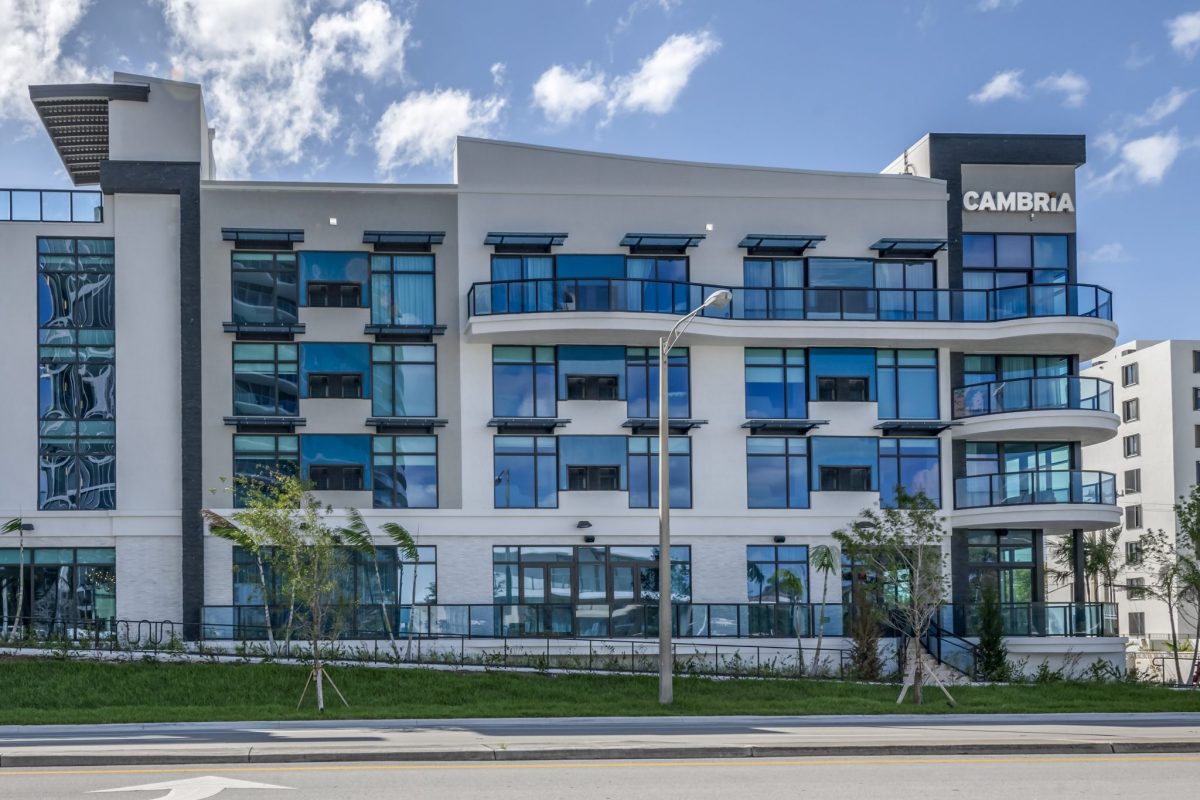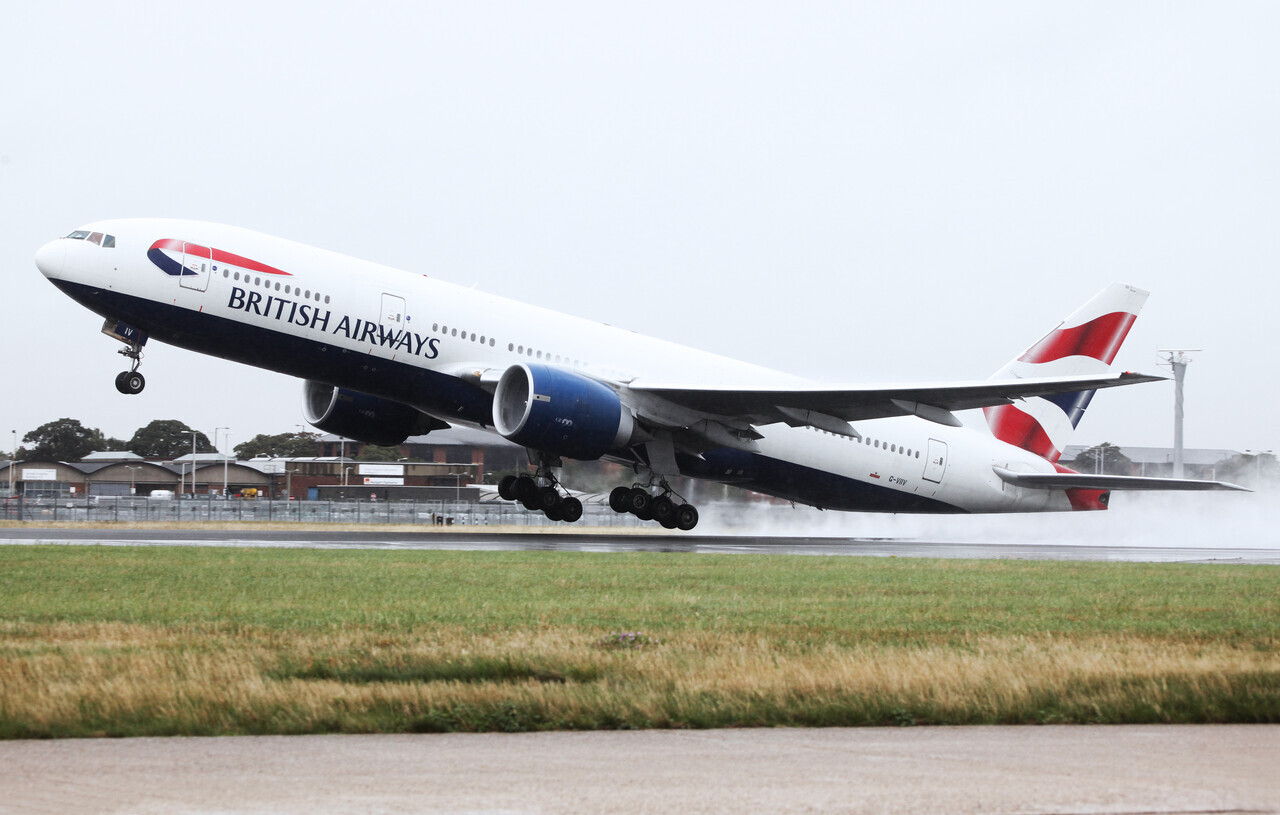Choice Hotels CEO Lays Out the Plan to Buy More Upscale Hotels

Skift Take
Choice Hotels could add two upscale brands that cater to different customers if the right opportunity comes along. There is at least one viable takeover candidate.
The Choice Hotels leadership team fielded a lot of questions Wednesday about their acquisition outlook just a few weeks after their senior vice president of upscale brand development told Skift the company was considering acquiring a high-end, full-service brand. Full-service hotels offer more amenities like restaurants and spas. Choice CEO Patrick Pacious elaborated the company had a void in both the upscale extended stay segment as well as the “upper upscale” segment of hotels.
Marriott’s Residence Inn and Element are examples of upscale extended stay brands while flags like Sheraton and Hyatt Regency are considered “upper upscale.”
The news might be a bit of a head scratcher, given that the company also announced it exceeded pre-pandemic performance levels last year largely due to its focus on affordable, mid-scale hotels. But the taste for acquisition continues Choice’s push for higher-end business in even its Comfort and Quality middle-market brands, where it ended contracts on 41 underperforming hotels during the quarter.
“There are some opportunities that that are out there if the right acquisition opportunity came along,” Pacious said during an investor call Wednesday.
The Choice leadership team provided no indication of what brands or companies they would be looking at, but they reiterated at multiple points during the call the revenue advantages found with their Cambria upscale brand and Woodspring Suites extended stay brand.
While not a singular brand, a company that has garnered industry chatter in recent weeks about its takeover potential is Radisson’s Americas division. The brand’s CEO turnover, waning customer appeal, and independence from the international Radisson Hotel Group have had many people in the industry questioning its long-term U.S. viability.
“The size of the opportunity, given what I what I believe is out there, we don't see anything that that's too large for us,” Pacious said without offering specifics on brands or companies Choice Hotels was looking at.
But he did echo what Marriott’s leadership team said last summer would be the future of hotel mergers and acquisitions: tuck-in deals that fill in a brand or regional gap rather than a mega-merger. Think more along the lines of when Marriott added South African hotel brand Protea or Hyatt’s Apple Leisure Group giving it a lift into Europe rather than those perennial rumors of IHG linking up with Accor.
“That's where our strategic thoughts go as far as the accretive [mergers and acquisitions] that would be beneficial to us in the long term,” Pacious said.
It still might raise eyebrows as to why Choice Hotels wants to go down this upscale path. Its resilience during the pandemic and ability to snap back to profitability before its competitors is largely because it didn’t have full-service, high-end hotels that cost a lot of money to run and often cater to the kind of travelers that weren’t hitting the road during a pandemic.
Barring any major recovery setback, analysts still think it could be a smart play in the current inflationary environment. It’s a lot easier to raise rates and not drive customers away at a Westin or Hilton than it is at a Comfort Inn or Quality Suites.
“We’re in an inflationary environment where your costs are going up. You want to own hotels where you can raise those prices to match that,” Richard Clarke, a managing director covering global leisure and hotels at Bernstein, told Skift earlier this month. “That’s quite difficult in a very commoditized, economy end of the market. It’s much easier if you’ve got a more standout luxury brand.”
The Numbers
Choice Hotels outperformed pre-pandemic performance levels for the entirety of last year in the U.S. Domestic revenue per available room, the industry’s key performance metric, was up 2.2 percent from 2019 for all of 2021. The domestic figure is significant due to a vast majority of Choice’s portfolio being in the U.S.
The company also reported a $64 million fourth quarter profit, up from the $7.9 million seen during the same time in 2020. Choice hotels made $289 million last year, up from the $75 million profit for 2020.
“We are very optimistic about our runway for growth because of the long-term investments we have made and will continue to make in our business,” Pacious said. “These investments are designed to capitalize on the consumer trends that have accelerated during the pandemic favoring leisure travel, limited-service hotels, and longer length of stays. We expect these trends to continue to be strong, long-term tailwinds for our company.”




